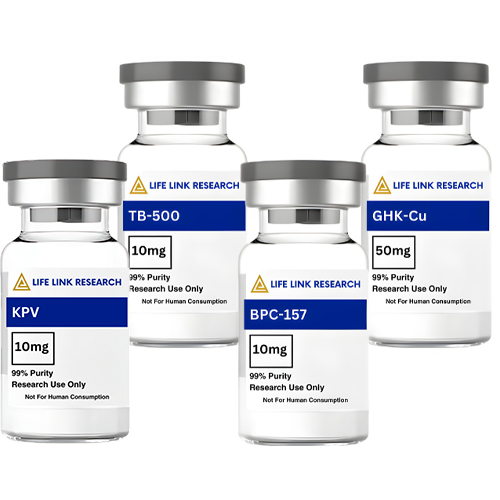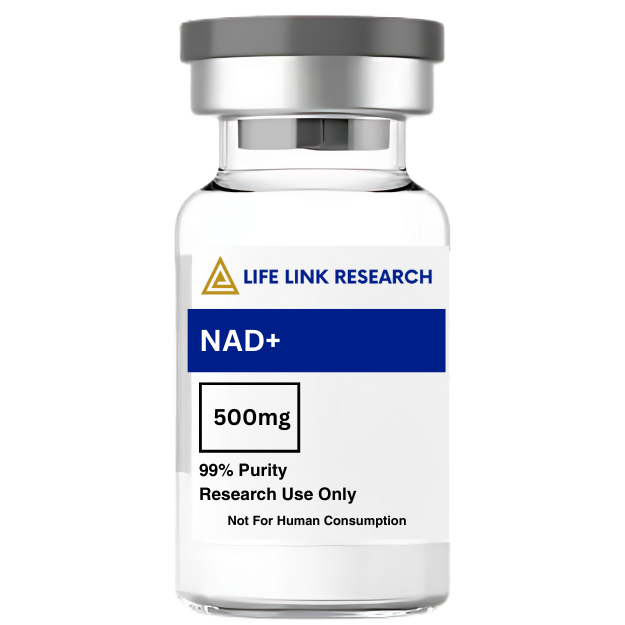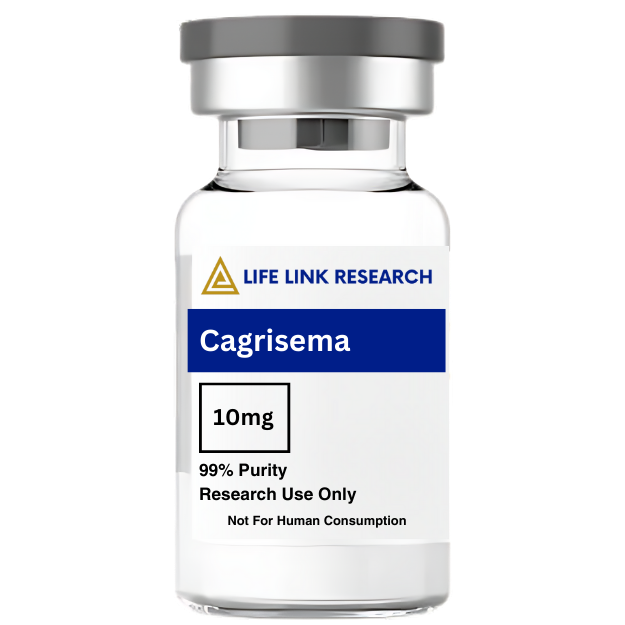$42.00
52 in stock
Purchase & earn 42 points.Product Usage: This PRODUCTS ARE INTENDED FOR RESEARCH CHEMICAL ONLY. This designation allows the use of research chemicals strictly for in vitro testing and laboratory experimentation only. All product information available on this website is for educational purposes only. Bodily introduction of any kind into humans or animals is strictly forbidden by law. This product should only be handled by licensed, qualified professionals. This product is not a drug, food, or cosmetic and may not be misbranded, misused, or mislabeled as a drug, food, or cosmetic.
Glutathione (GSH) is a tripeptide composed of glutamine, cysteine, and glycine, and serves as a critical intracellular antioxidant. It plays a pivotal role in cellular defense mechanisms, primarily by neutralizing reactive oxygen species (ROS) and maintaining the redox balance within cells. GSH is fundamental to numerous physiological processes, including detoxification, immune modulation, and maintenance of mitochondrial function.
 New
New


As the central antioxidant within the cell, Glutathione is crucial for mitigating oxidative stress. It achieves this by directly scavenging free radicals and by serving as a substrate for Glutathione peroxidases, which reduce peroxides. The depletion of GSH is closely associated with increased susceptibility to oxidative damage, contributing to pathologies such as neurodegenerative diseases and cancer.
Glutathione is integral to the detoxification processes in the liver, where it conjugates with toxic metabolites, facilitating their excretion. This conjugation reaction is catalyzed by Glutathione S-transferases, and is essential for the neutralization of electrophilic compounds and heavy metals, thus protecting cellular integrity.
GSH is vital for optimal immune function. It modulates the proliferation and activity of lymphocytes, including T cells and natural killer cells, which are critical for the body’s defense against pathogens. GSH deficiency has been linked to impaired immune responses, making it a focus of research in immunology.
The role of Glutathione in skin health extends beyond its antioxidant capacity. It is involved in the regulation of melanogenesis, where it influences the production of melanin, thus contributing to its skin-brightening effects. Additionally, GSH’s ability to protect against UV-induced oxidative damage makes it a potential agent in anti-aging therapies.
GSH is crucial for maintaining neural integrity. It is involved in the detoxification of reactive oxygen and nitrogen species in the brain, thereby reducing the risk of neurodegenerative diseases. Research has shown that decreased levels of GSH in the brain are associated with conditions such as Alzheimer’s and Parkinson’s disease.
Mitochondrial GSH is essential for preserving mitochondrial function and bioenergetics. It protects mitochondrial DNA and proteins from oxidative damage, thereby preventing apoptosis and maintaining cellular homeostasis. This is particularly significant in tissues with high metabolic rates, such as the retina and the central nervous system.
ALL ARTICLES AND PRODUCT INFORMATION PROVIDED ON THIS WEBSITE ARE FOR INFORMATIONAL AND EDUCATIONAL PURPOSES ONLY.
The products offered on this website are furnished for in-vitro studies only. In-vitro studies {Latin: in glass) are performed outside of the body. These products are not medicines or drugs and have not been approved by the FDA to prevent, treat or cure any medical condition, ailment or disease. Bodily introduction of any kind into humans or animals is strictly forbidden by law.
LifeLinkResearch.com uses cookies to enhance your experience. By continuing to use our website, you consent to our use of cookies in accordance with our Cookie Policy.
You confirm having read our waiver and disclaimer of liability. By using this site, you agree to all terms herein.
Products on this site are intended only for research and development; they are not for human consumption and that I am a qualified individual 21 years and older. Statements and products on this site have not been evaluated by the U.S. Food and Drug Administration. Your continued use of this site implies understanding and acceptance of these conditions.
ACCEPT